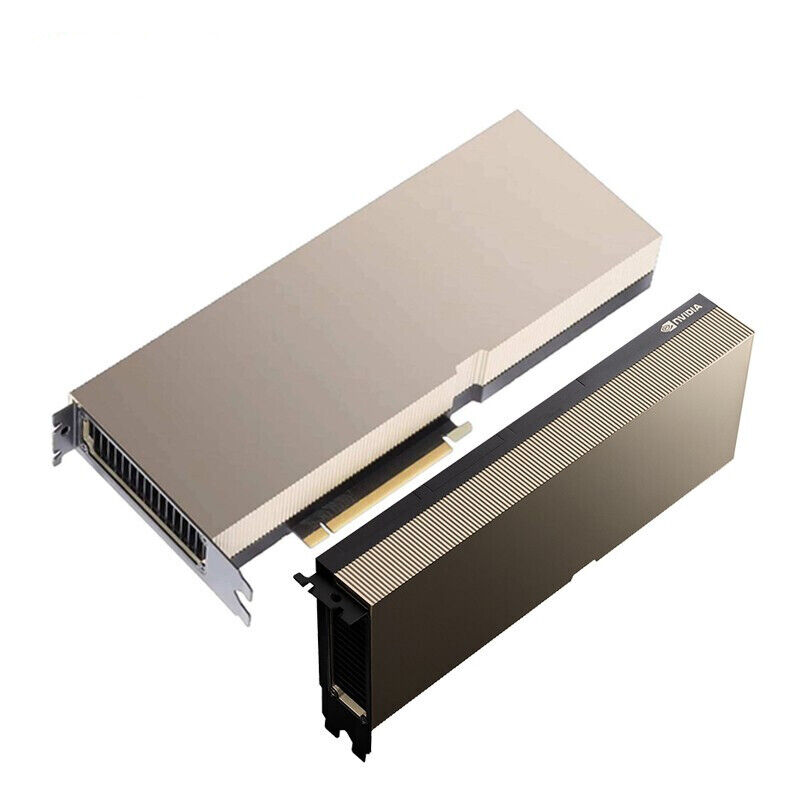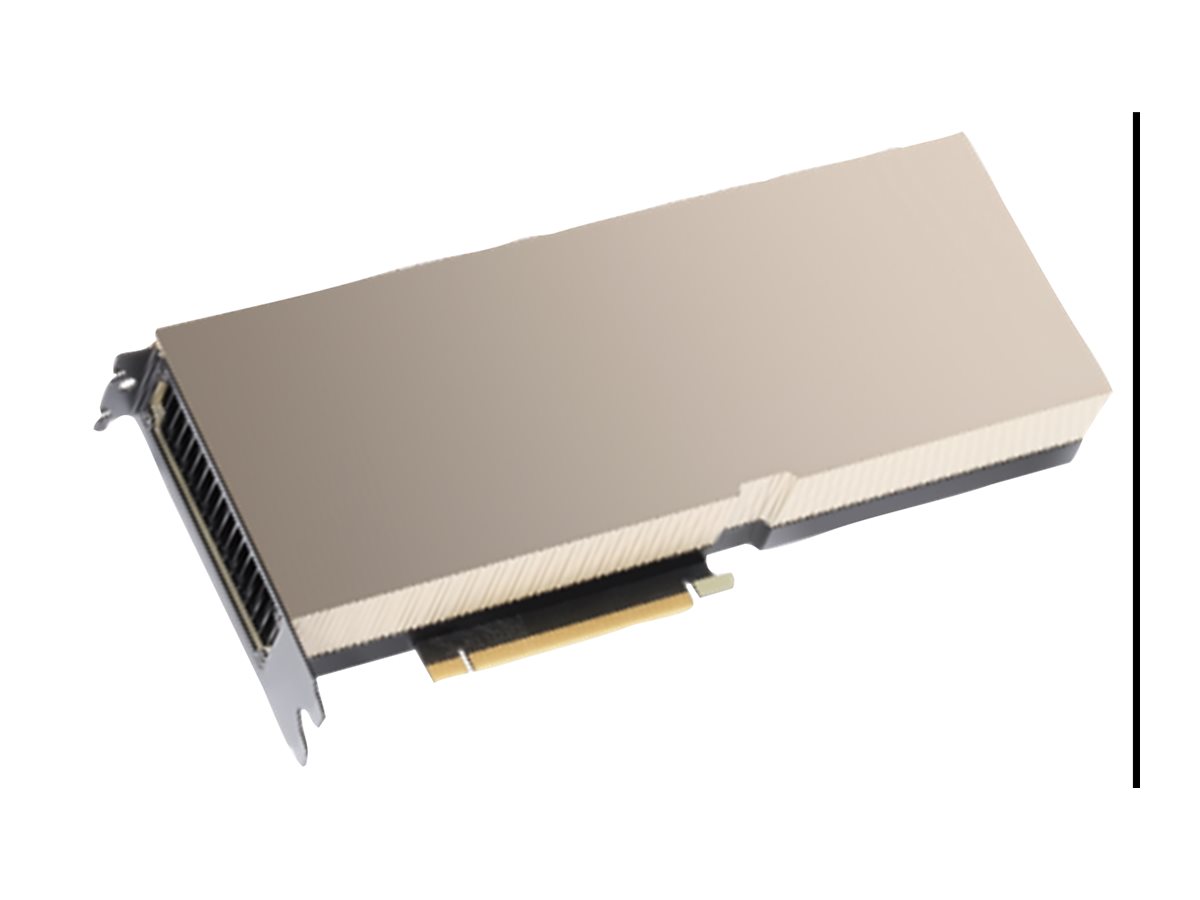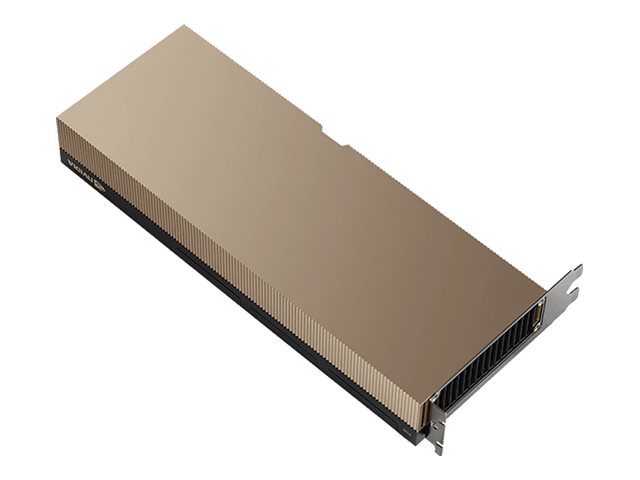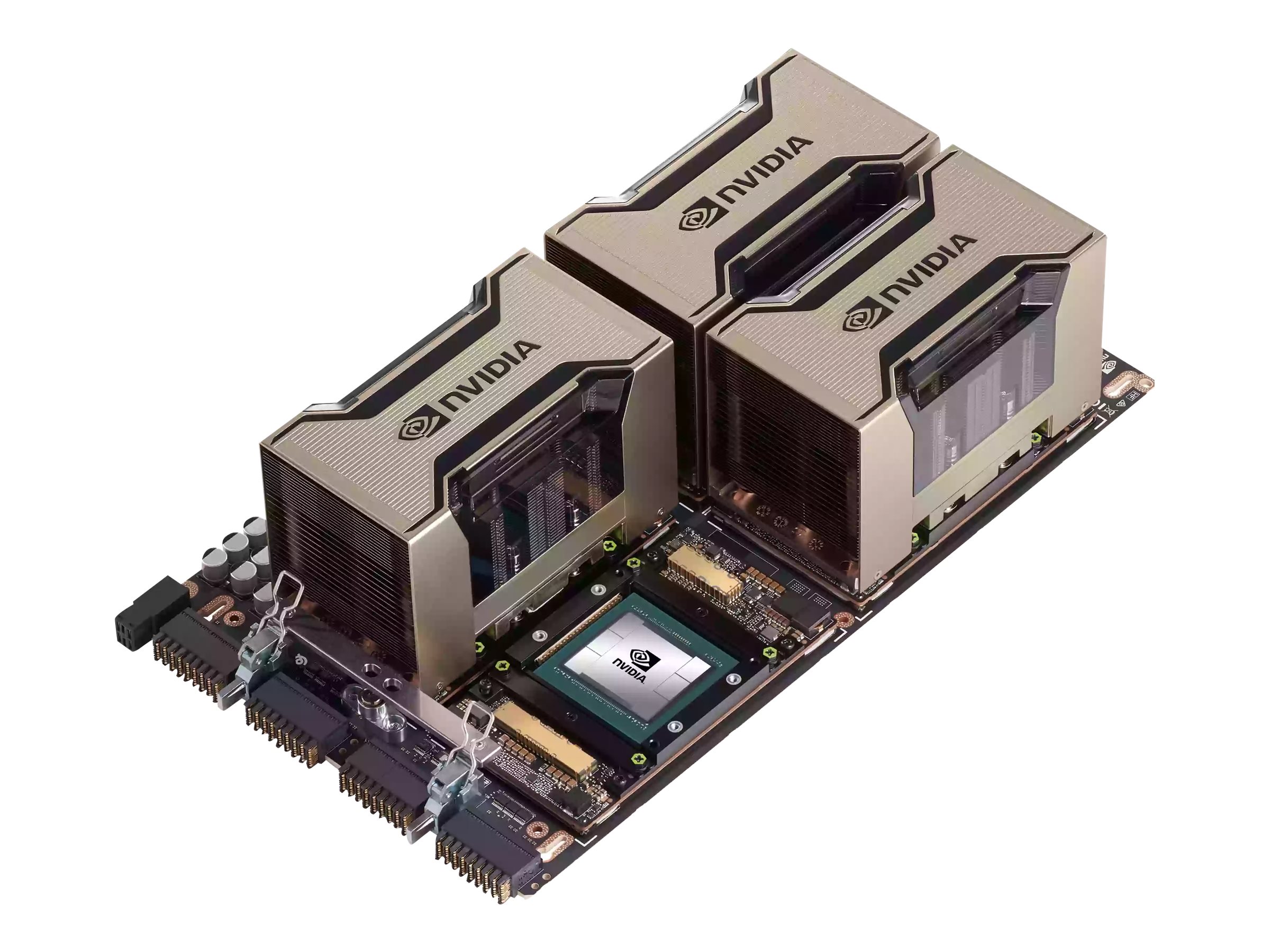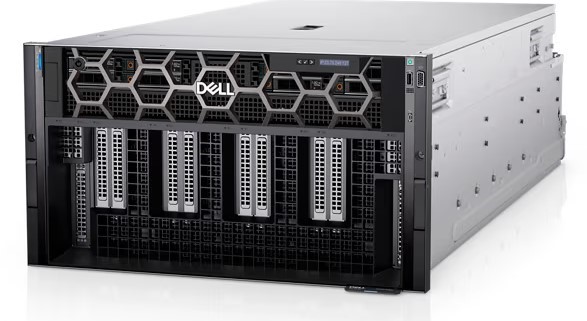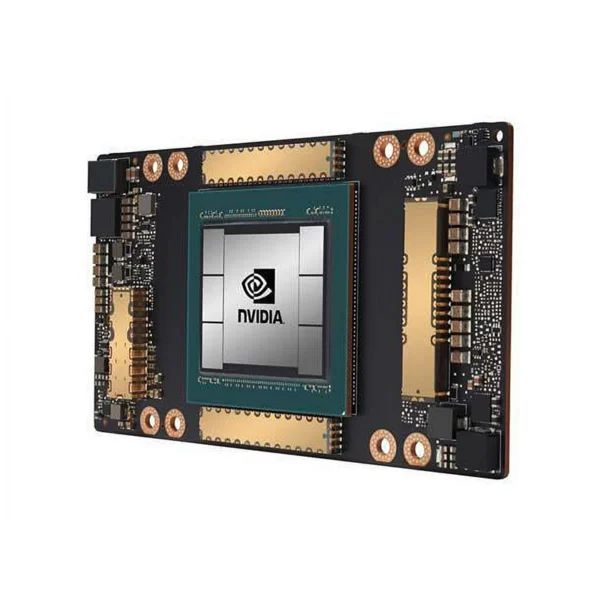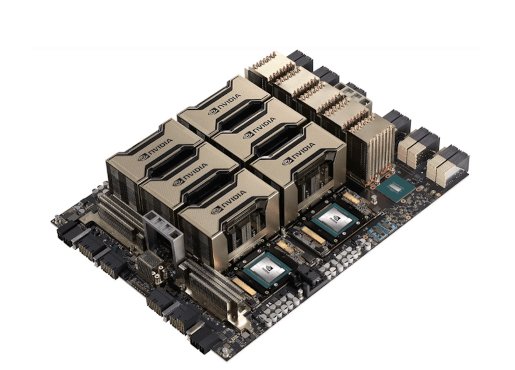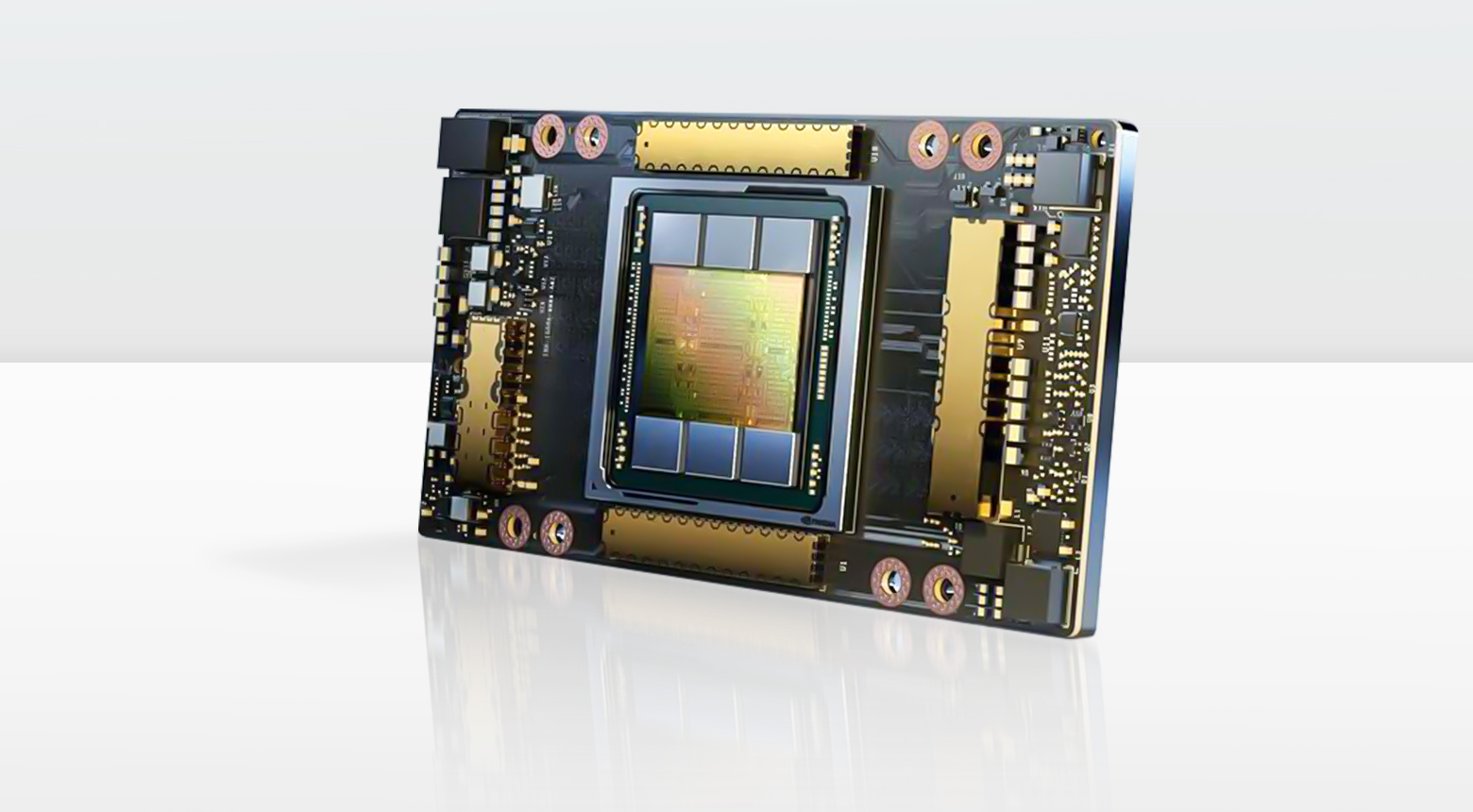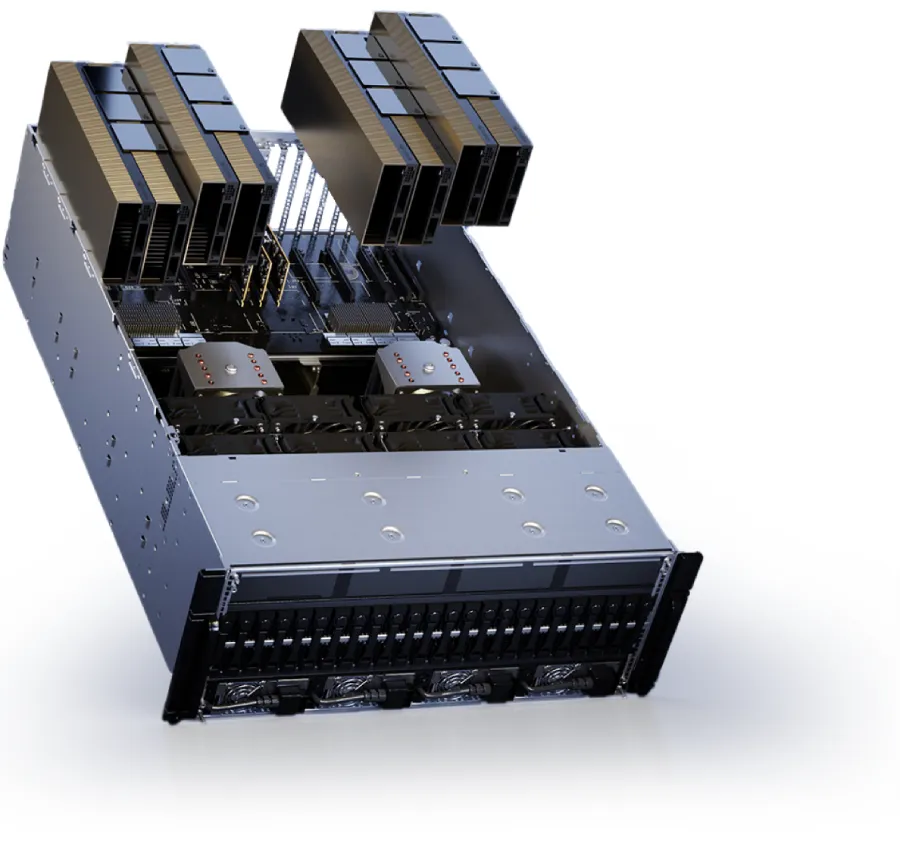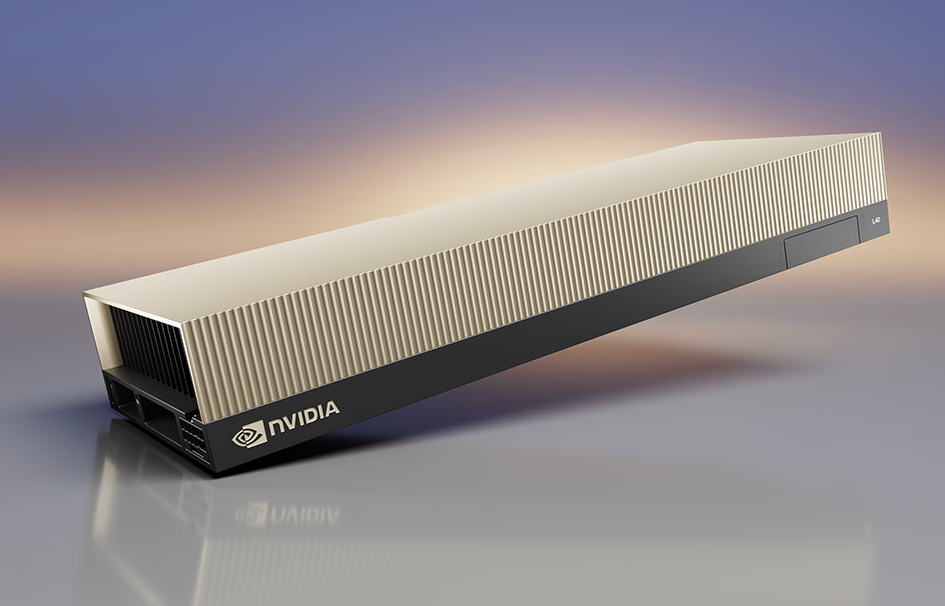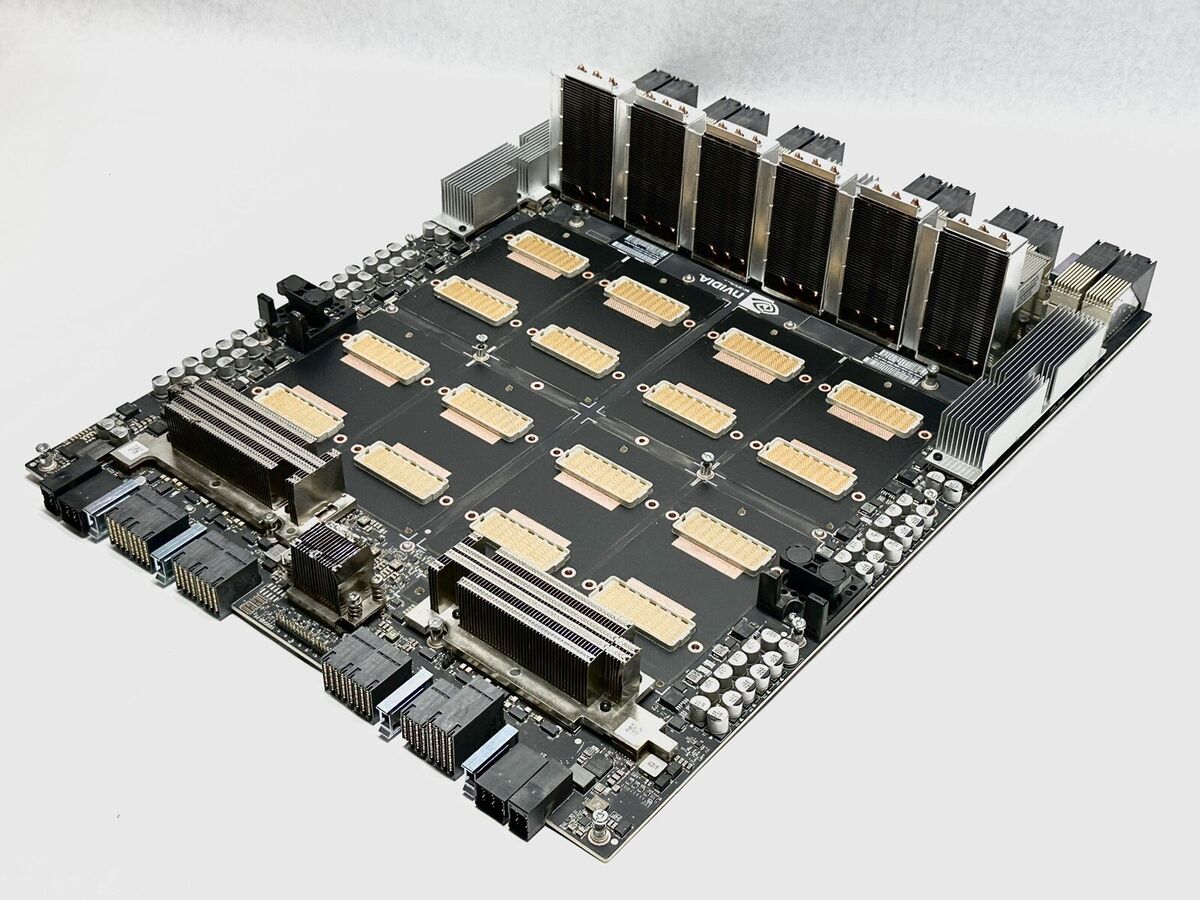Description
AMD EPYC processors are a line of server-grade CPUs designed to meet the demands of modern data centers and enterprise applications. Launched initially in 2017, the EPYC architecture has undergone significant evolution, with the latest generations featuring advanced technology and enhanced performance metrics. One of the standout features of AMD EPYC processors is their high core count, with some models offering up to 96 cores per socket. This enables them to handle parallel workloads efficiently, making them ideal for virtualization, cloud computing, and data-intensive applications.
Another key advantage of EPYC processors is their support for multiple memory channels and large memory capacities. With the ability to utilize eight memory channels and support for DDR4 memory, EPYC processors can achieve impressive memory bandwidth, which is critical for applications such as in-memory databases and large-scale analytics. Moreover, the integration of advanced security features, including Secure Encrypted Virtualization (SEV), enhances workload isolation and data protection, making EPYC a competitive choice for organizations prioritizing security in their operations.
Additionally, AMD has positioned EPYC processors as a cost-effective alternative to their competitors, particularly in multi-socket configurations. The socket compatibility across generations allows organizations to upgrade their systems with ease, maximizing their initial investments. The EPYC platform’s performance-per-dollar ratio enables businesses to optimize their operational costs while still achieving high levels of performance and efficiency. Overall, AMD EPYC processors represent a significant advancement in server technology, combining scalability, security, and cost-effectiveness to address the evolving needs of today’s enterprises.

